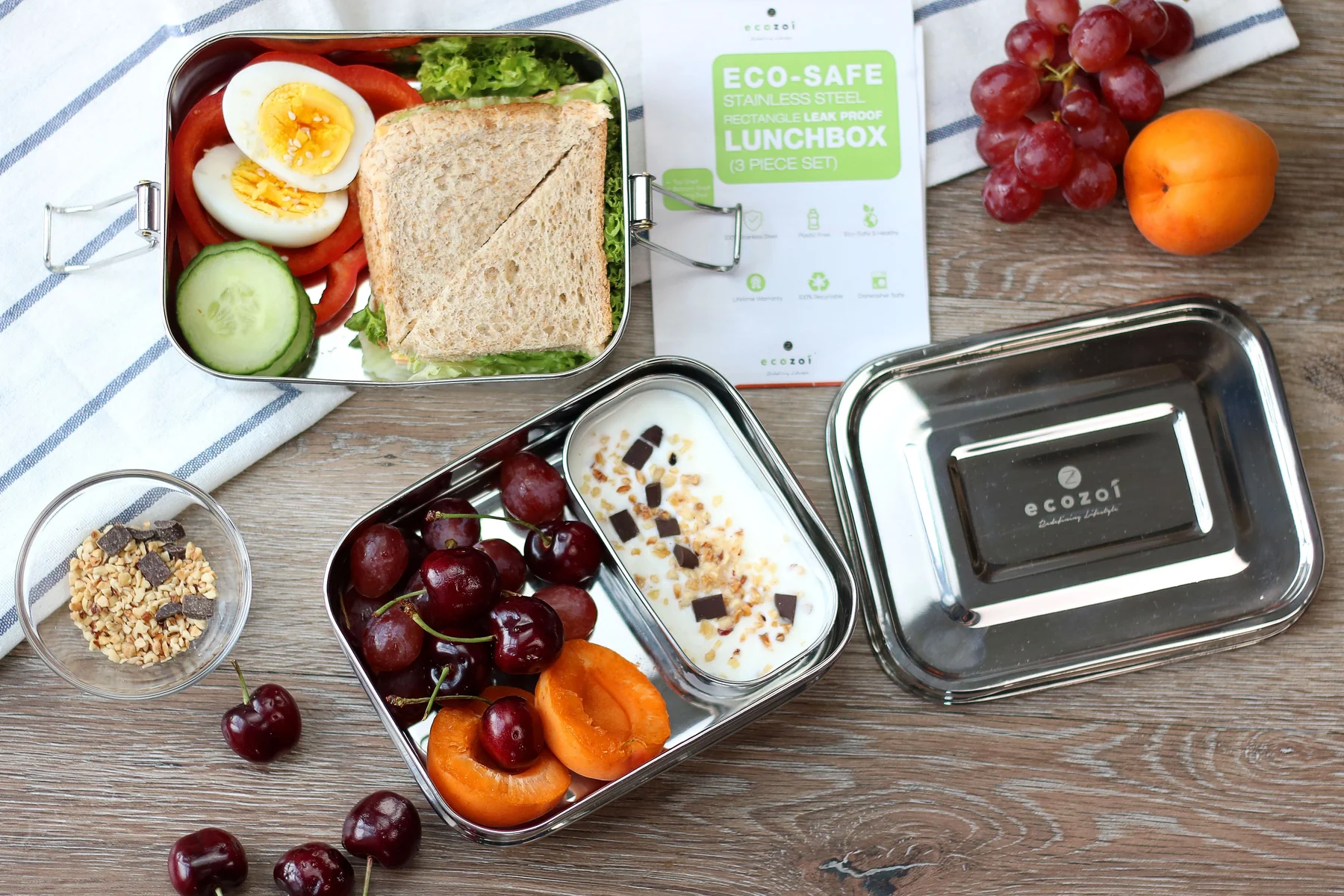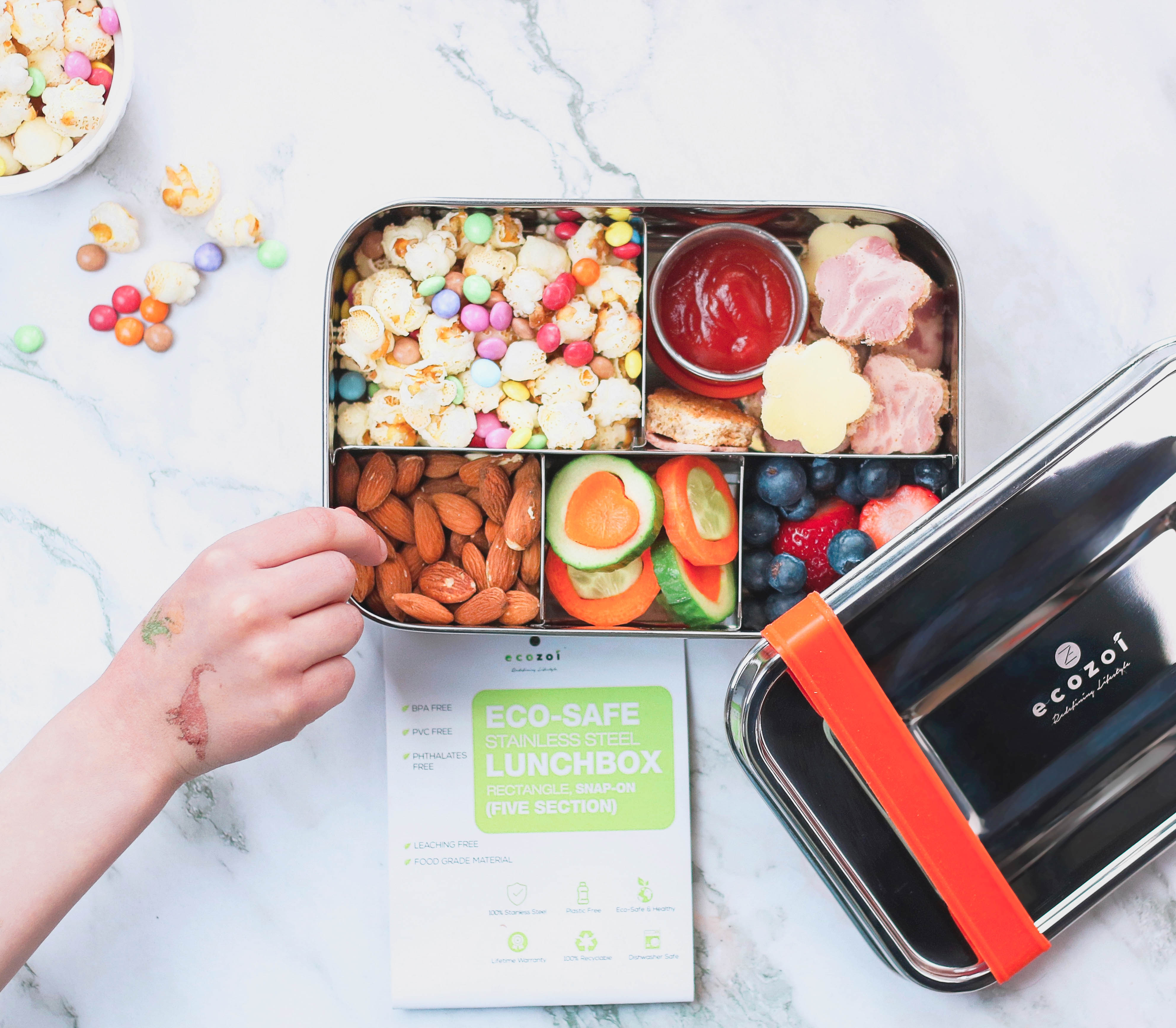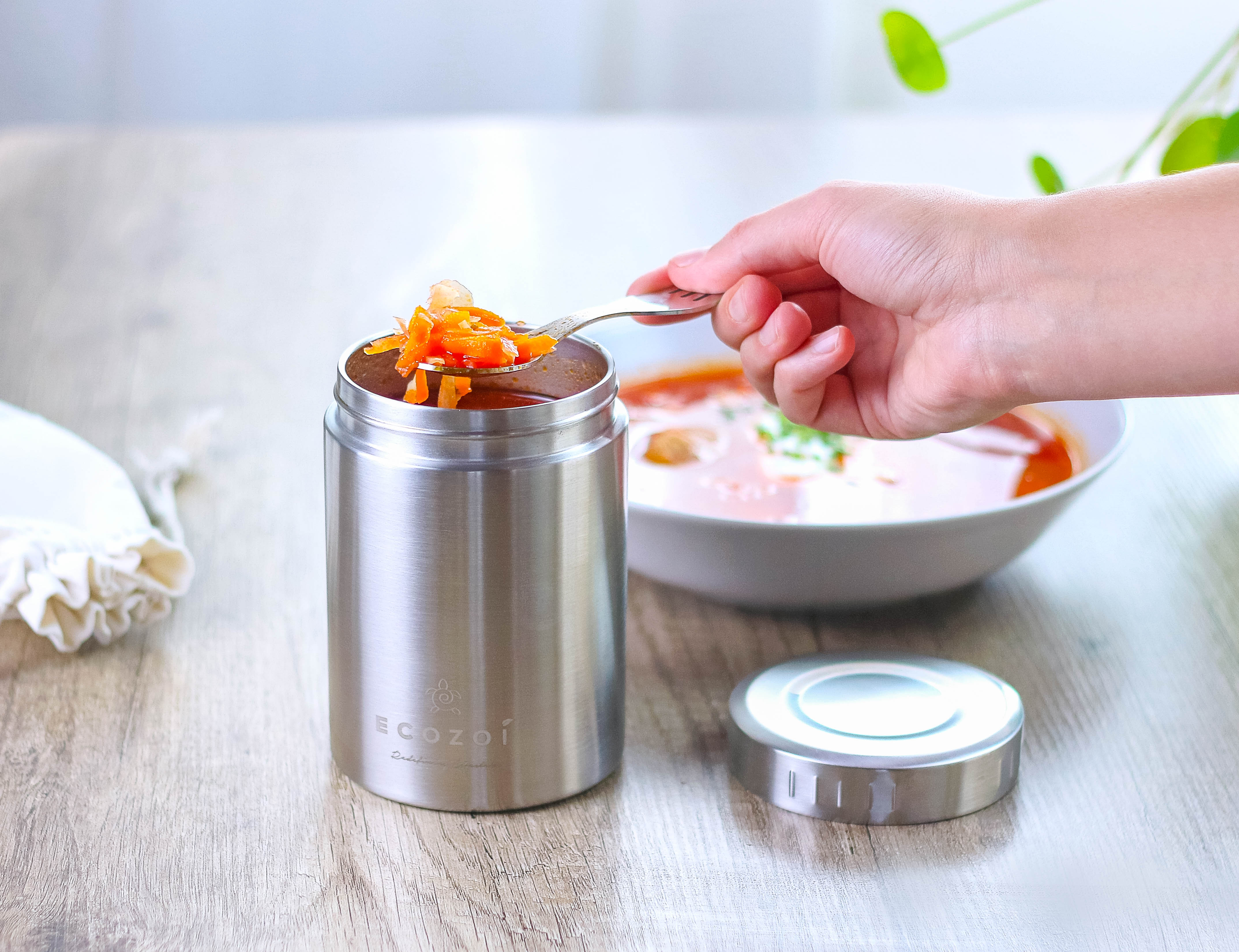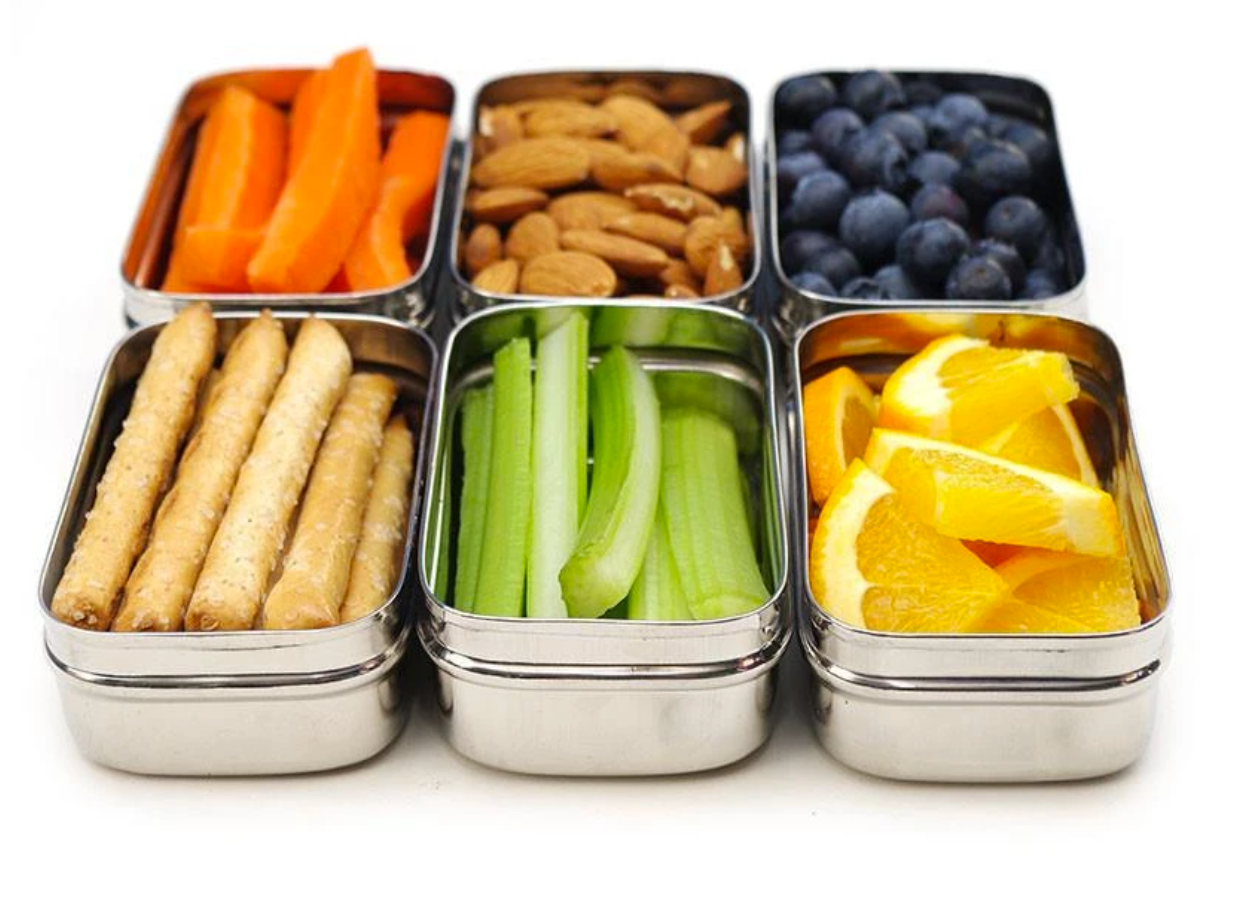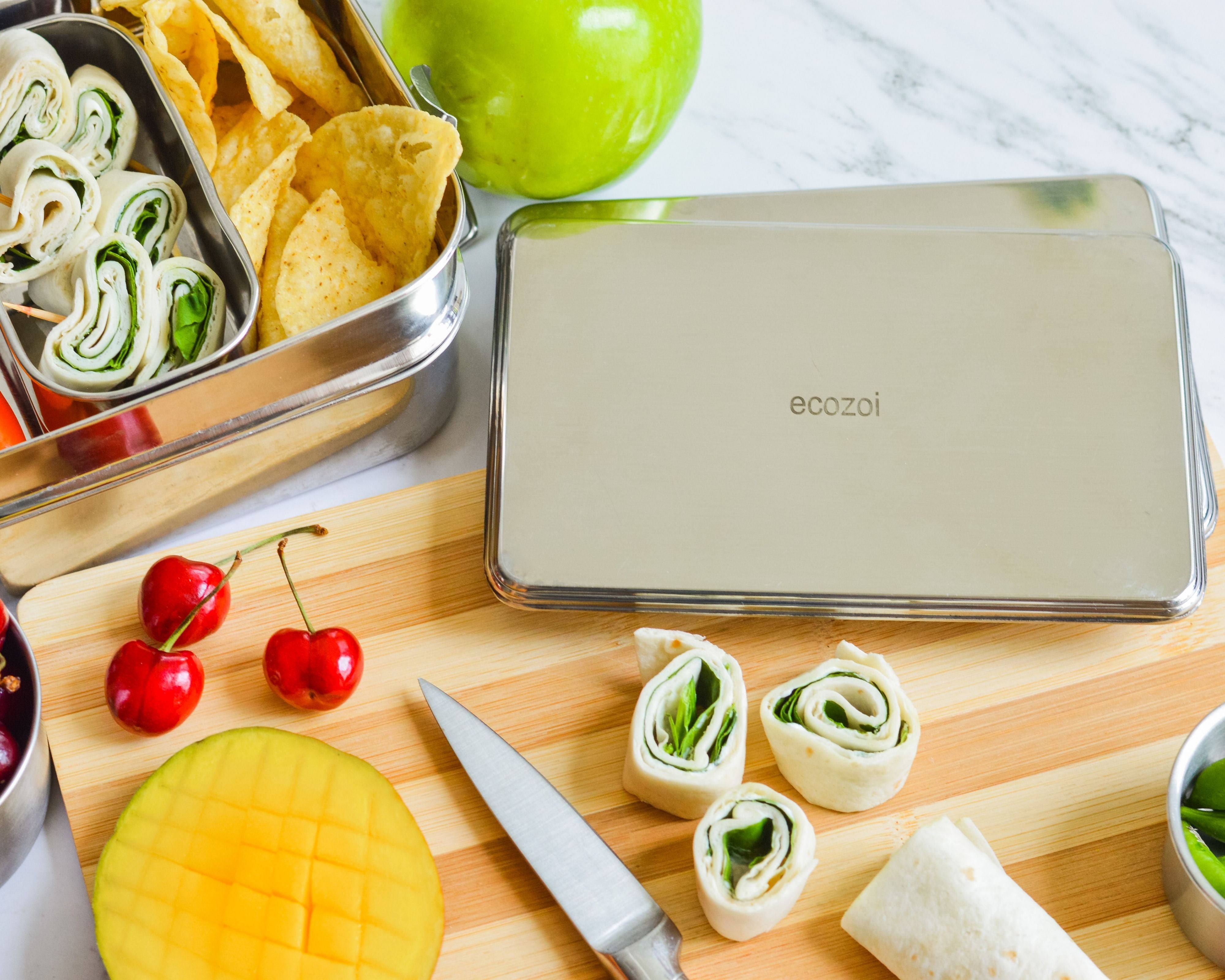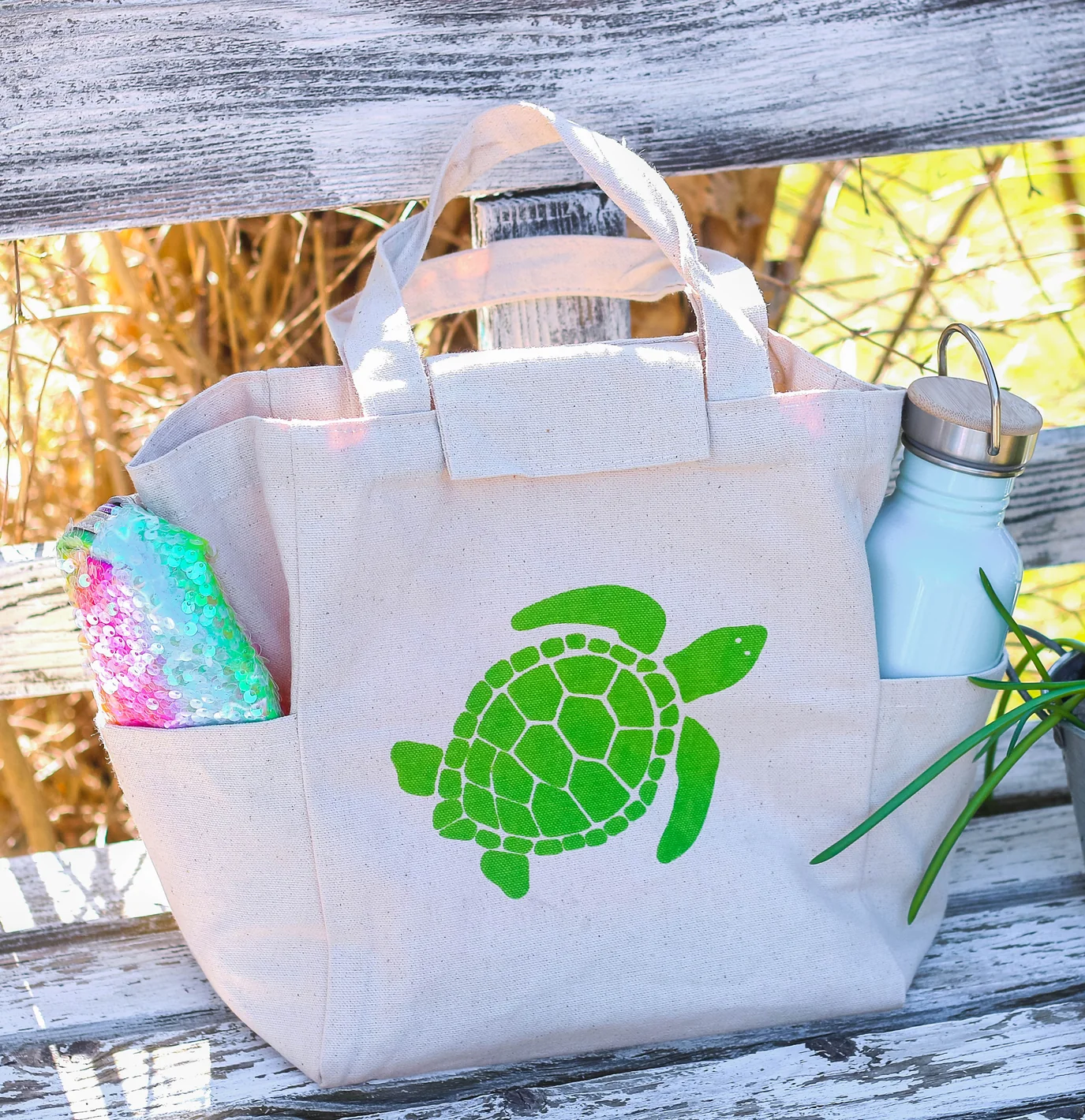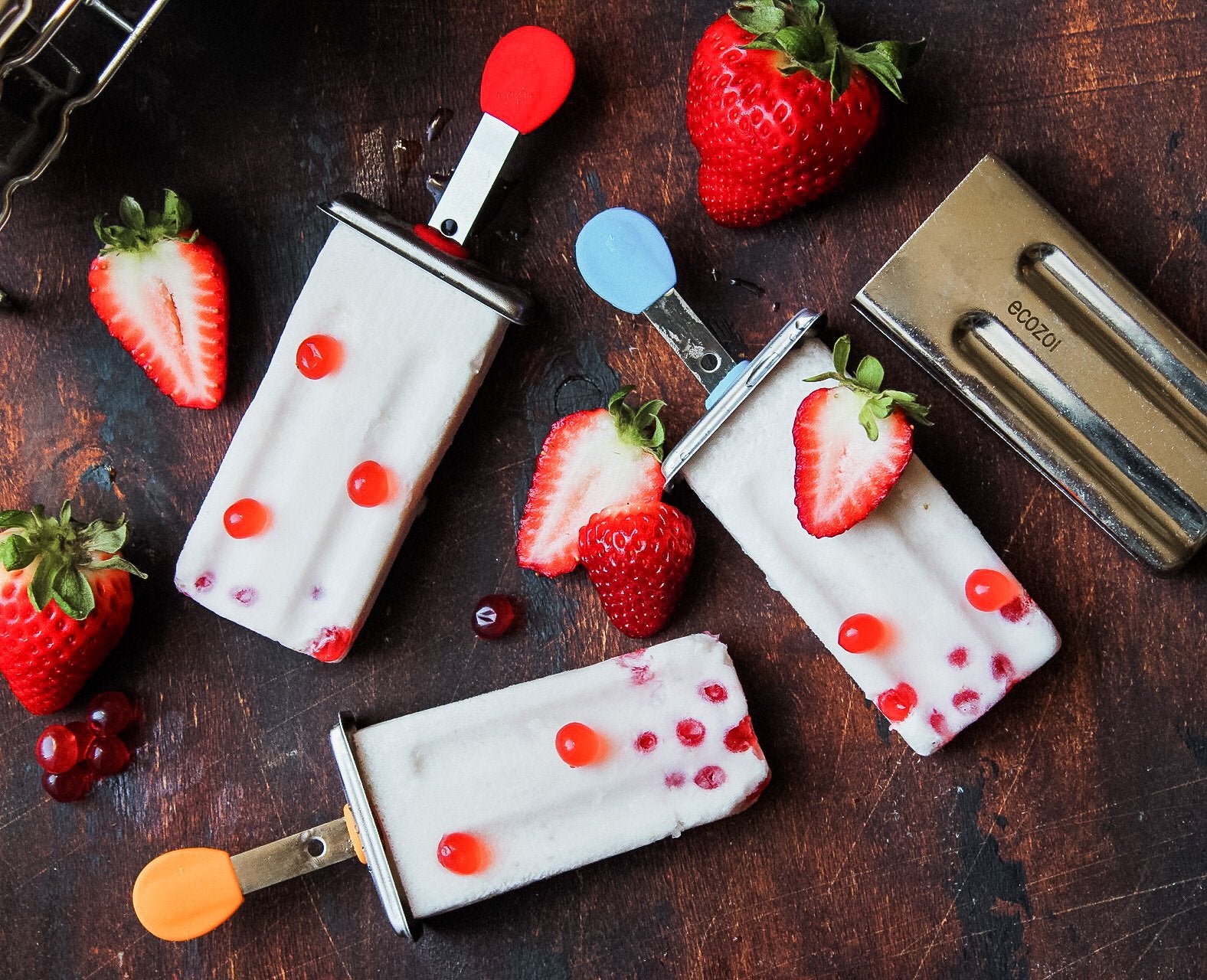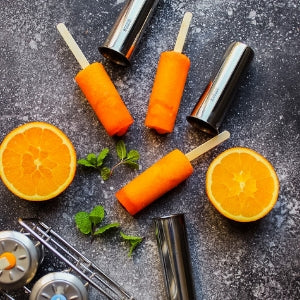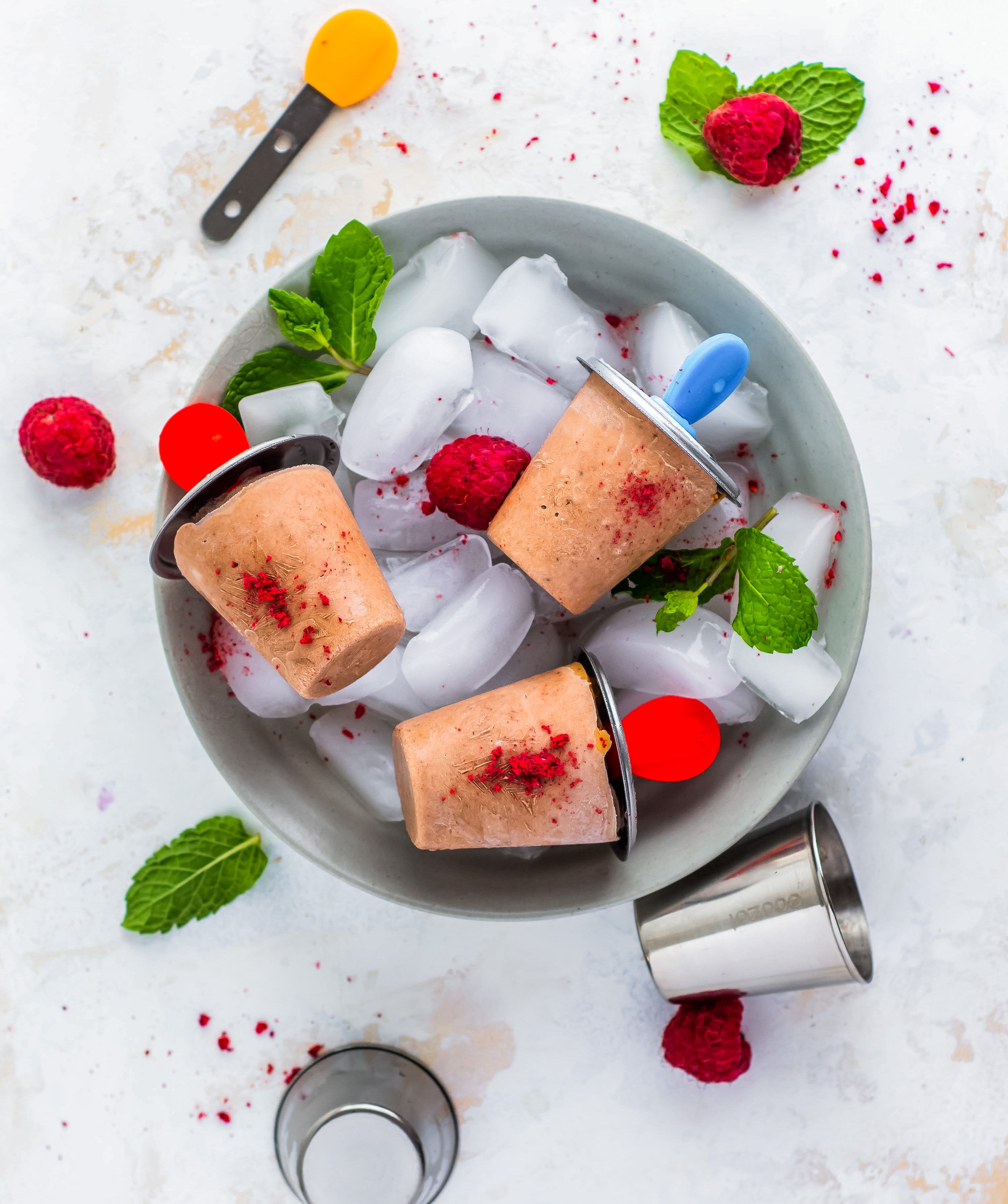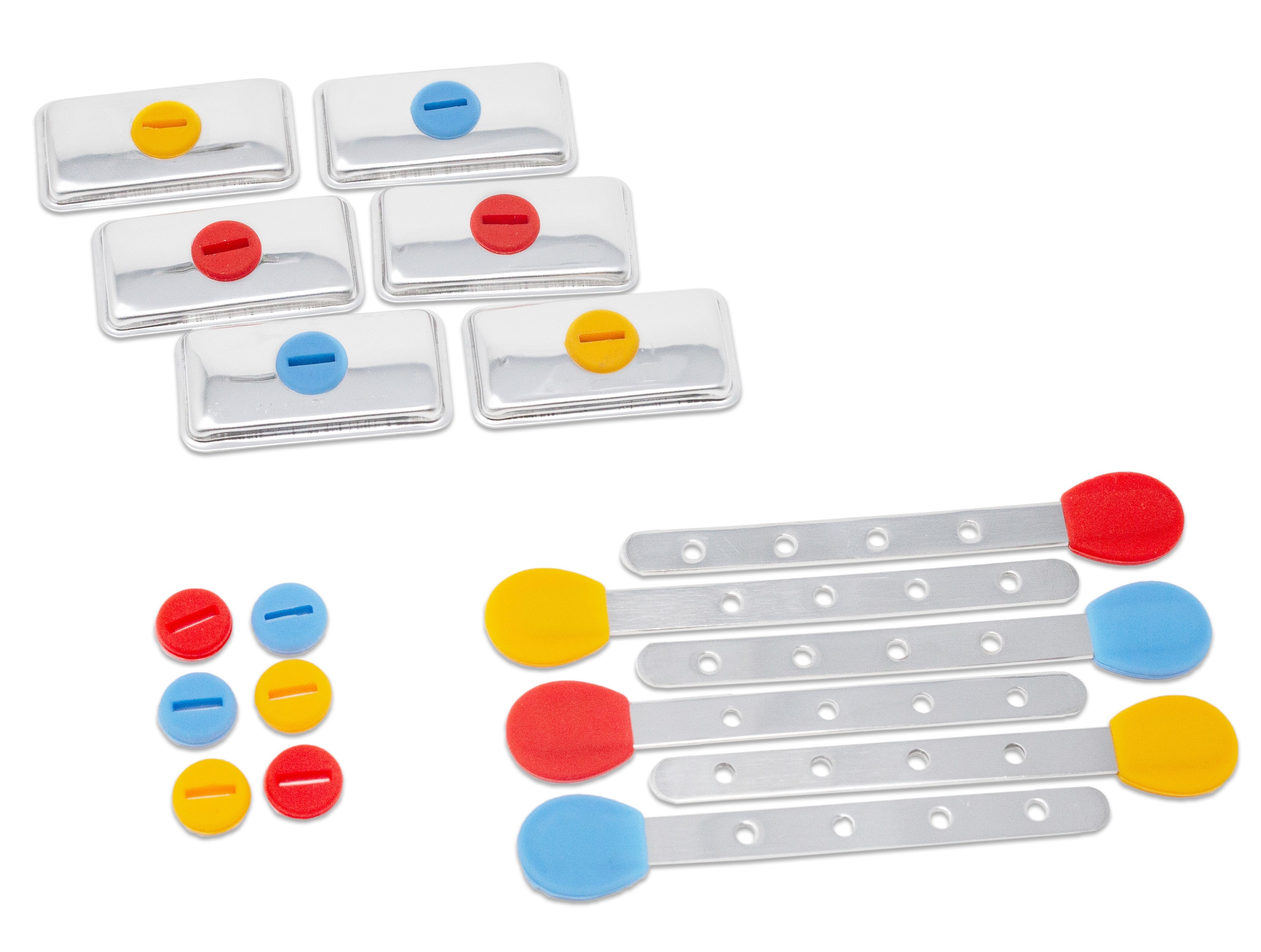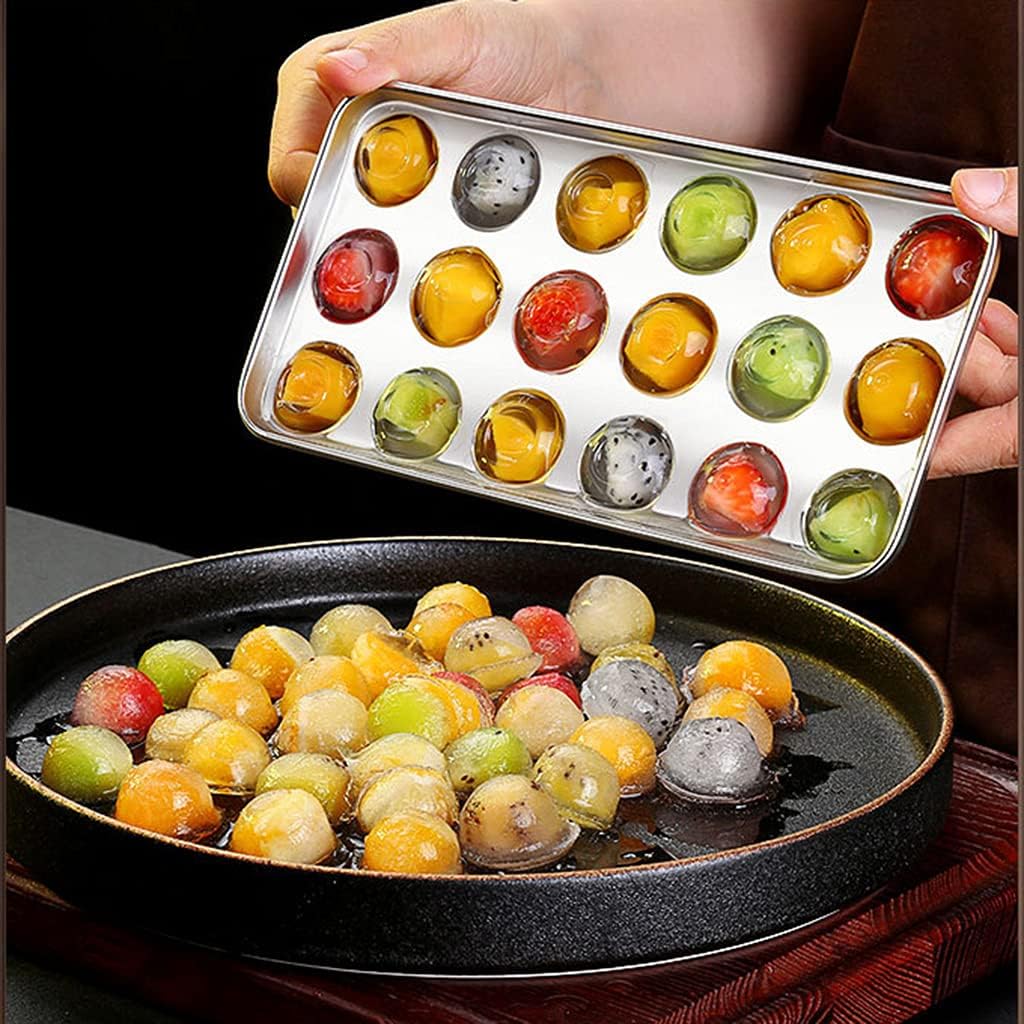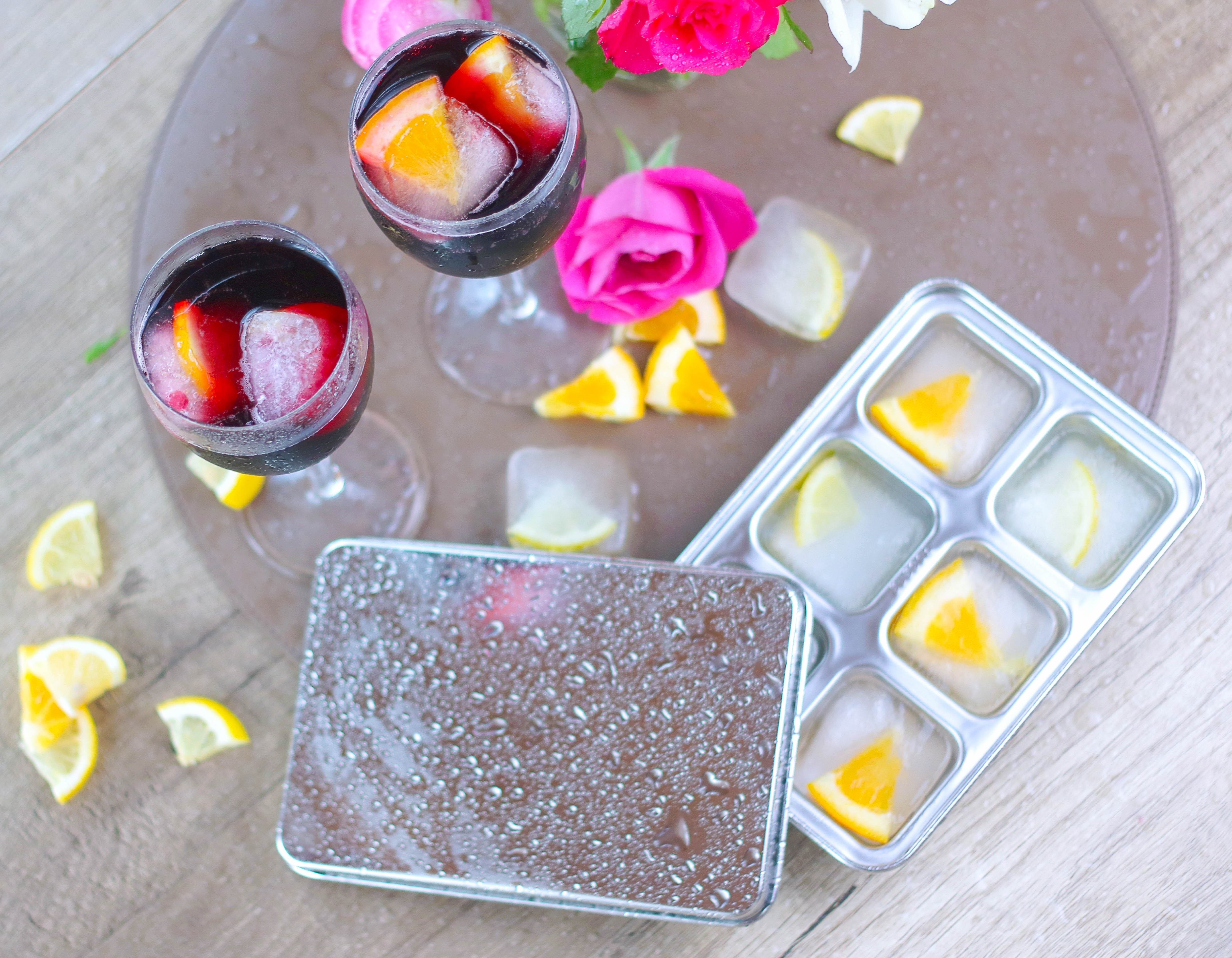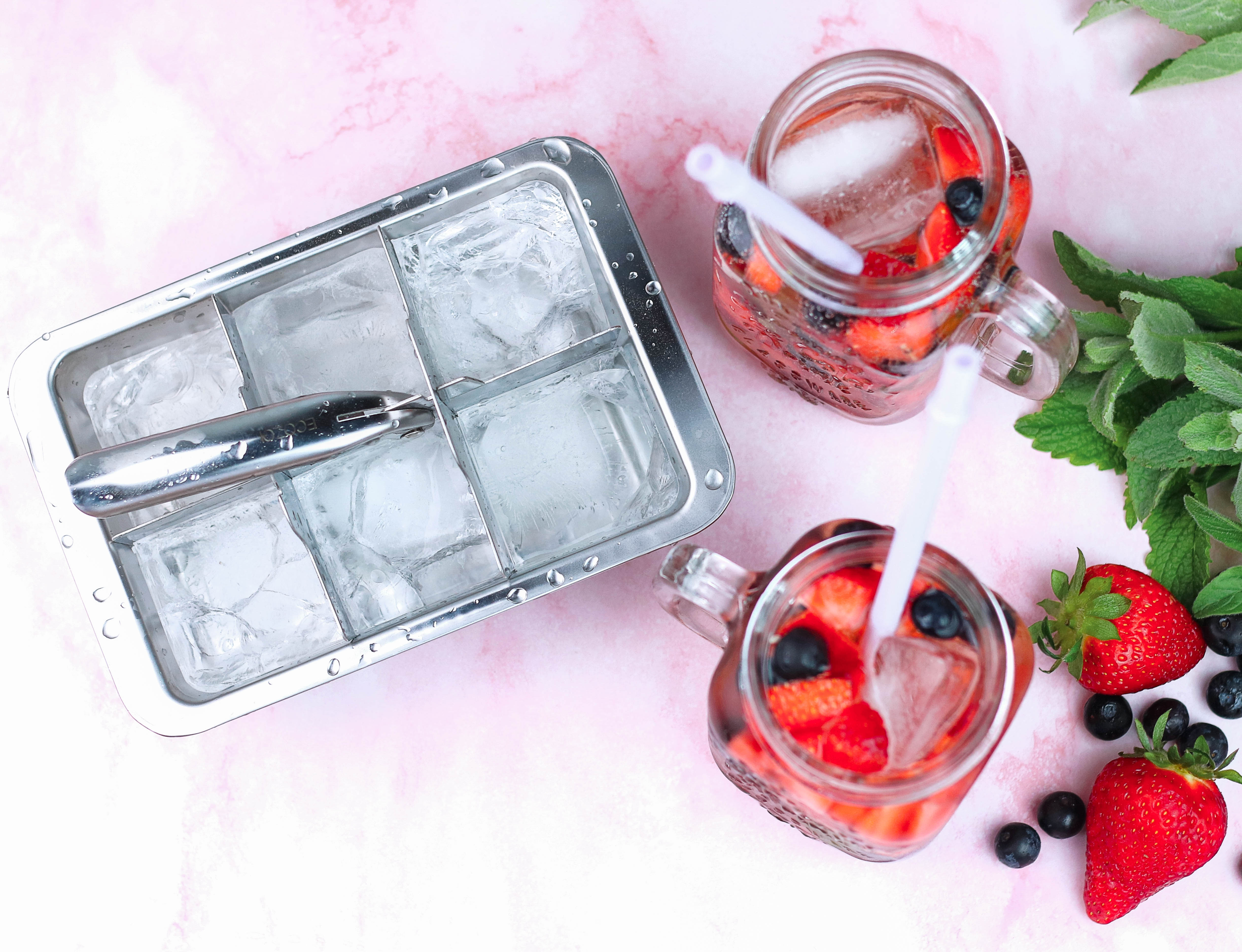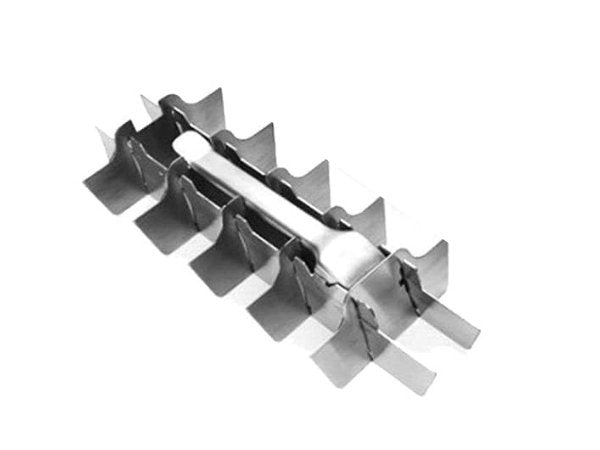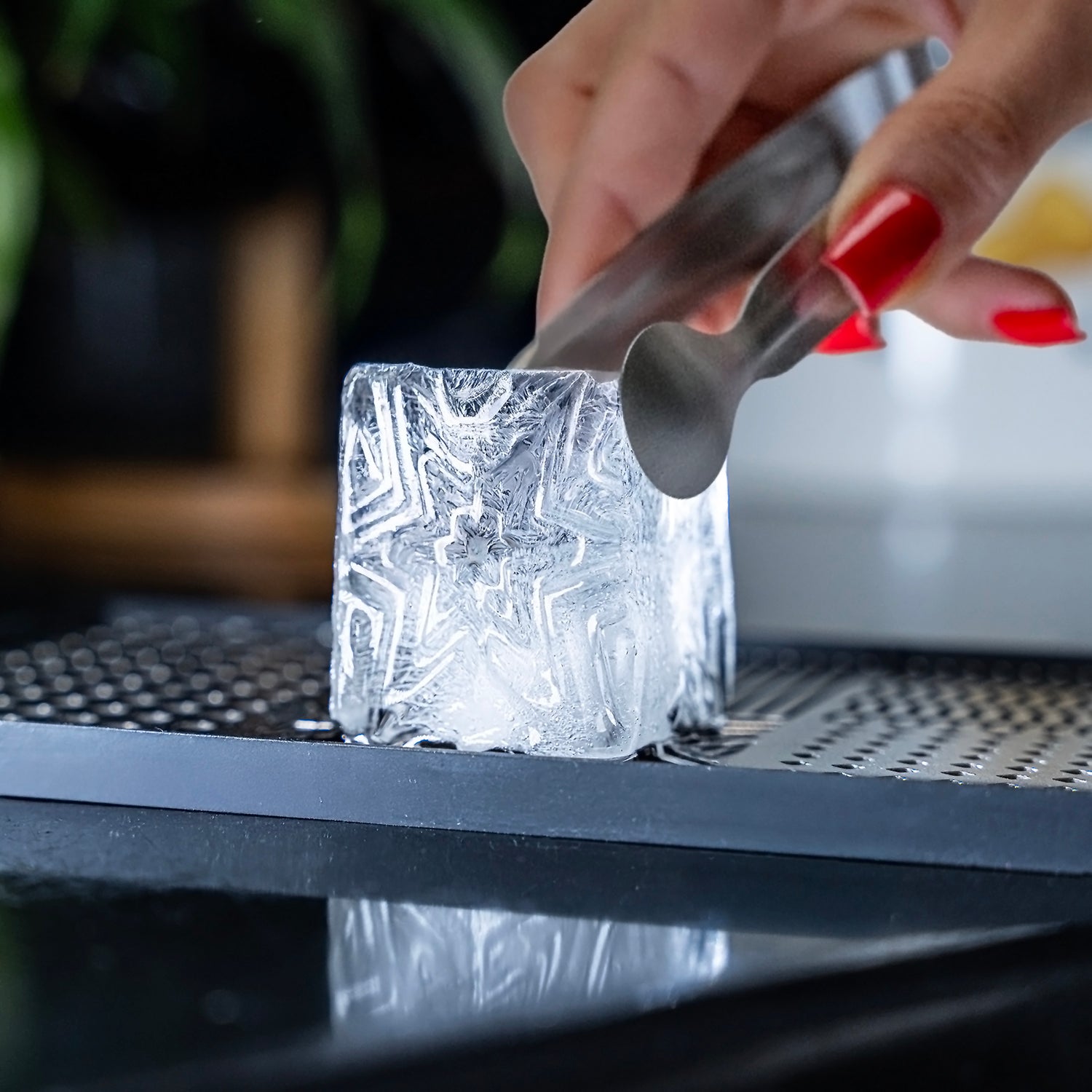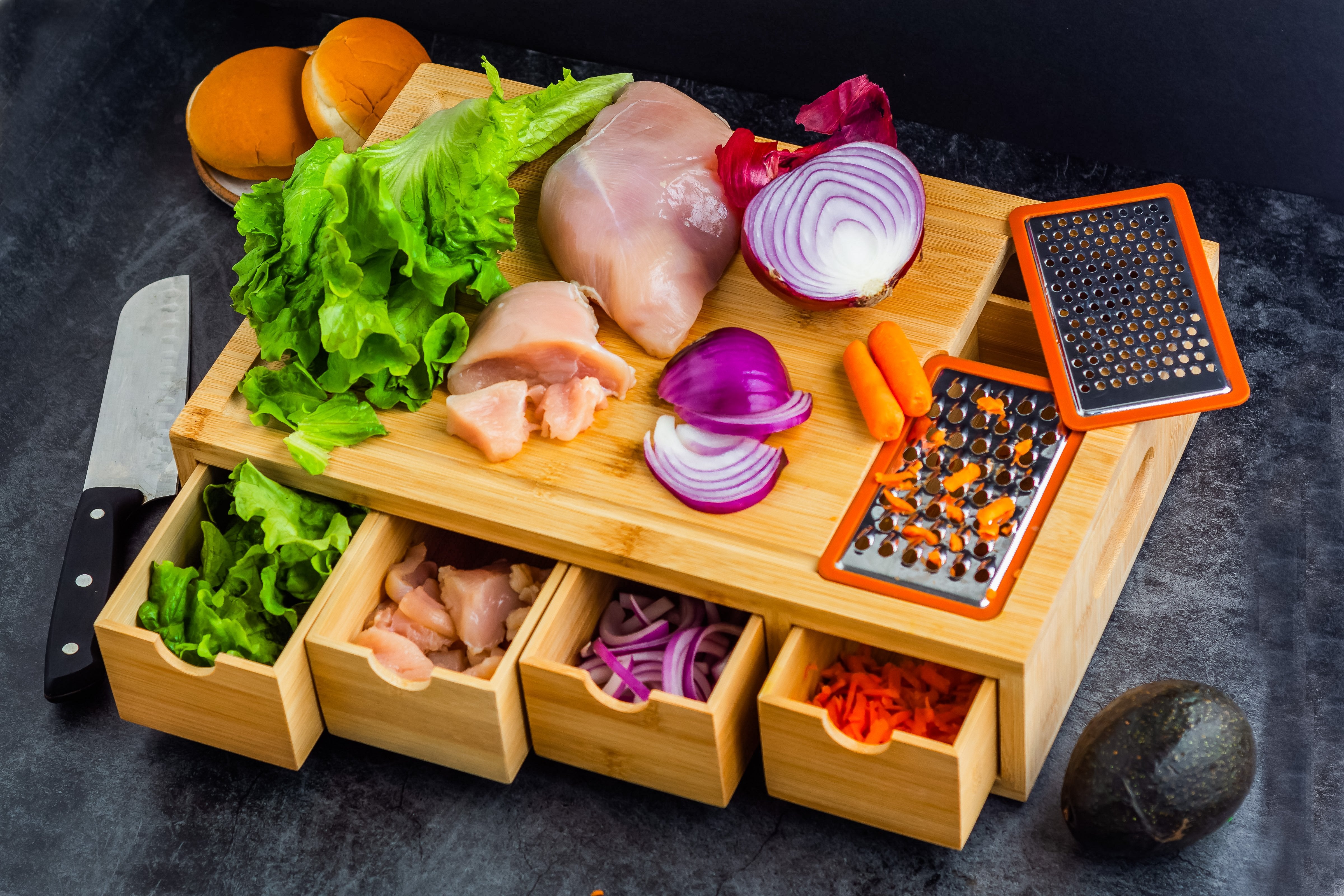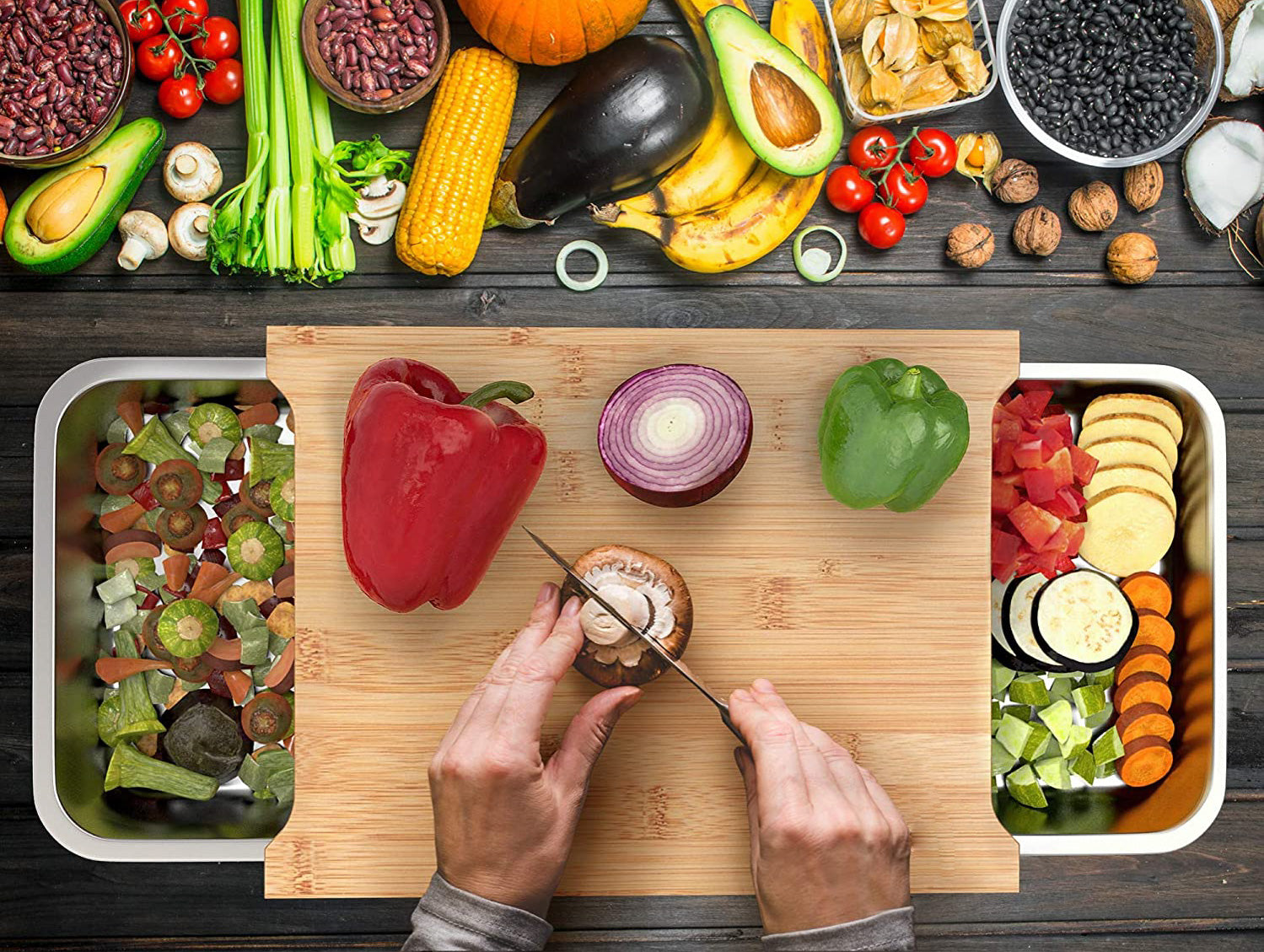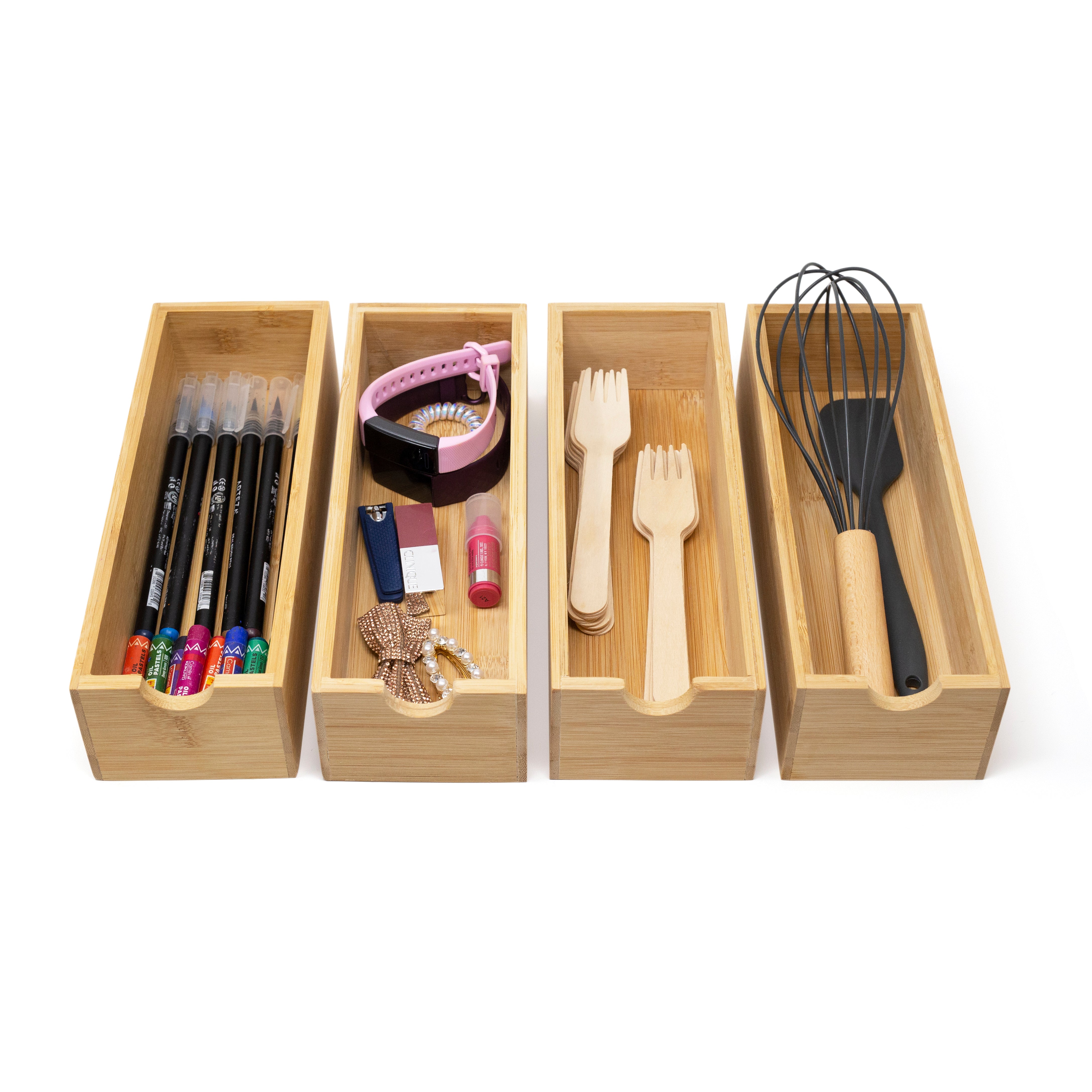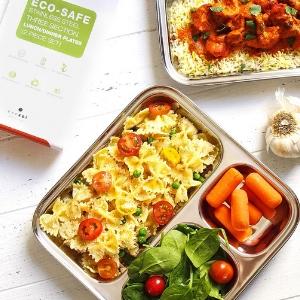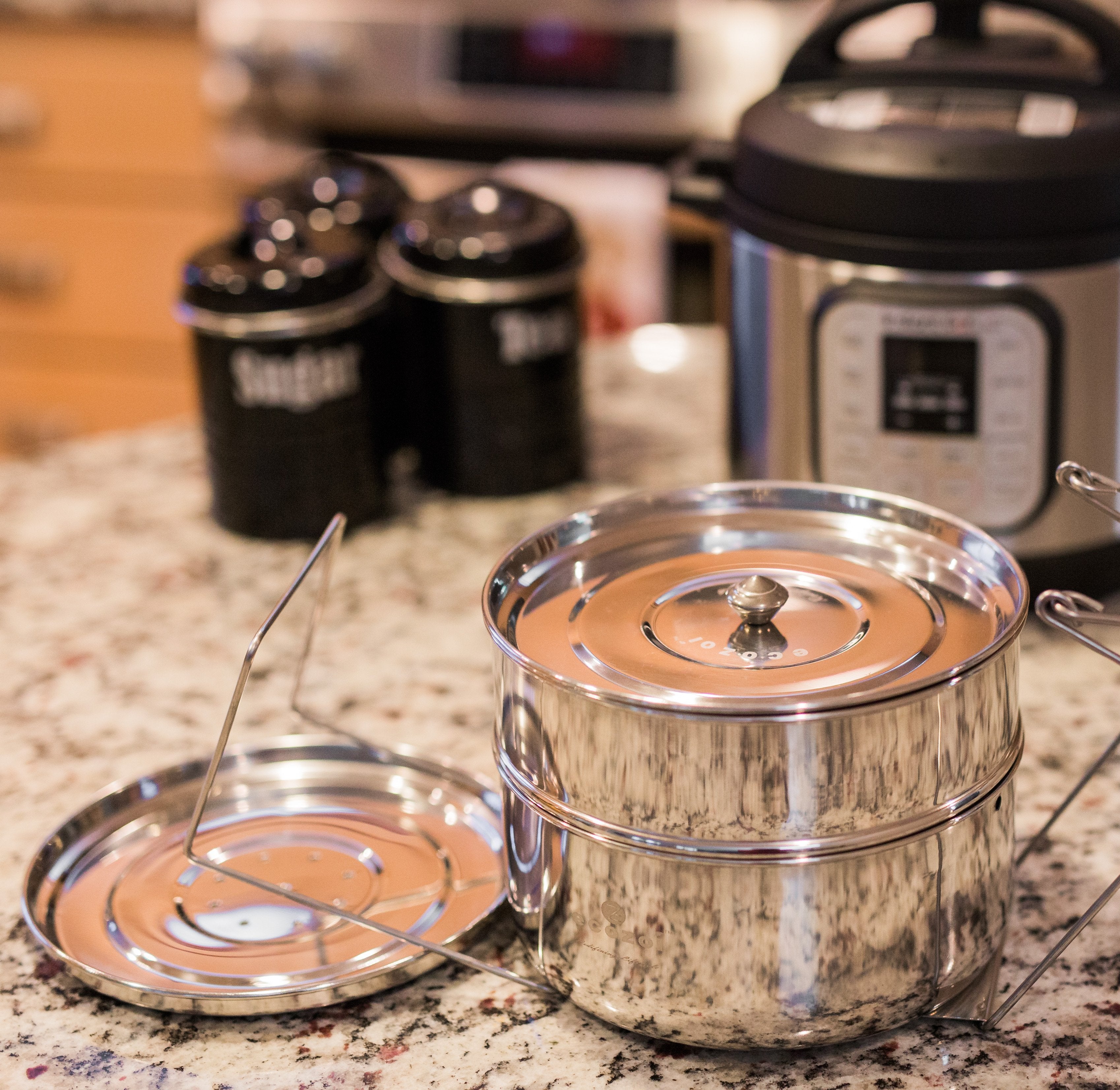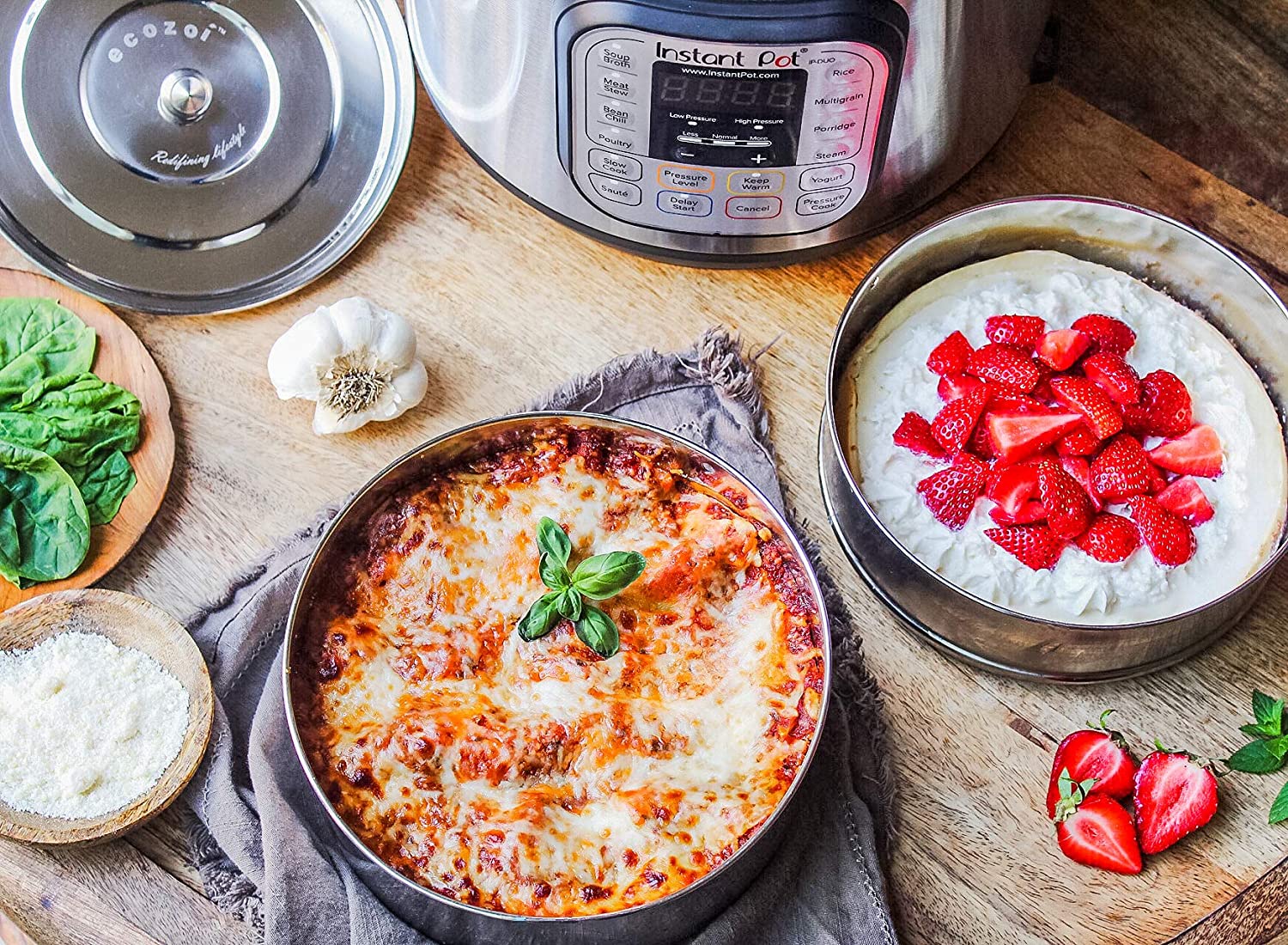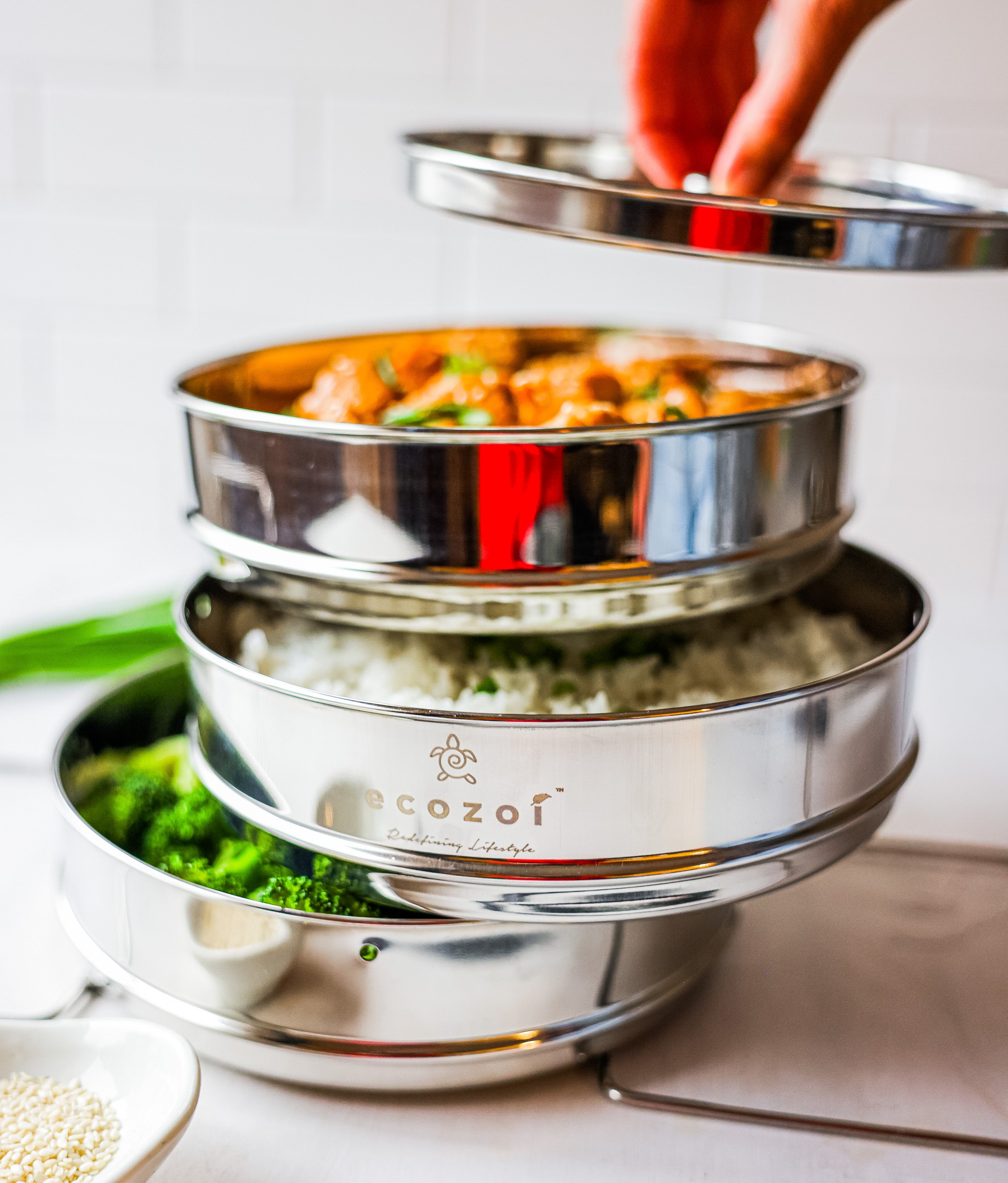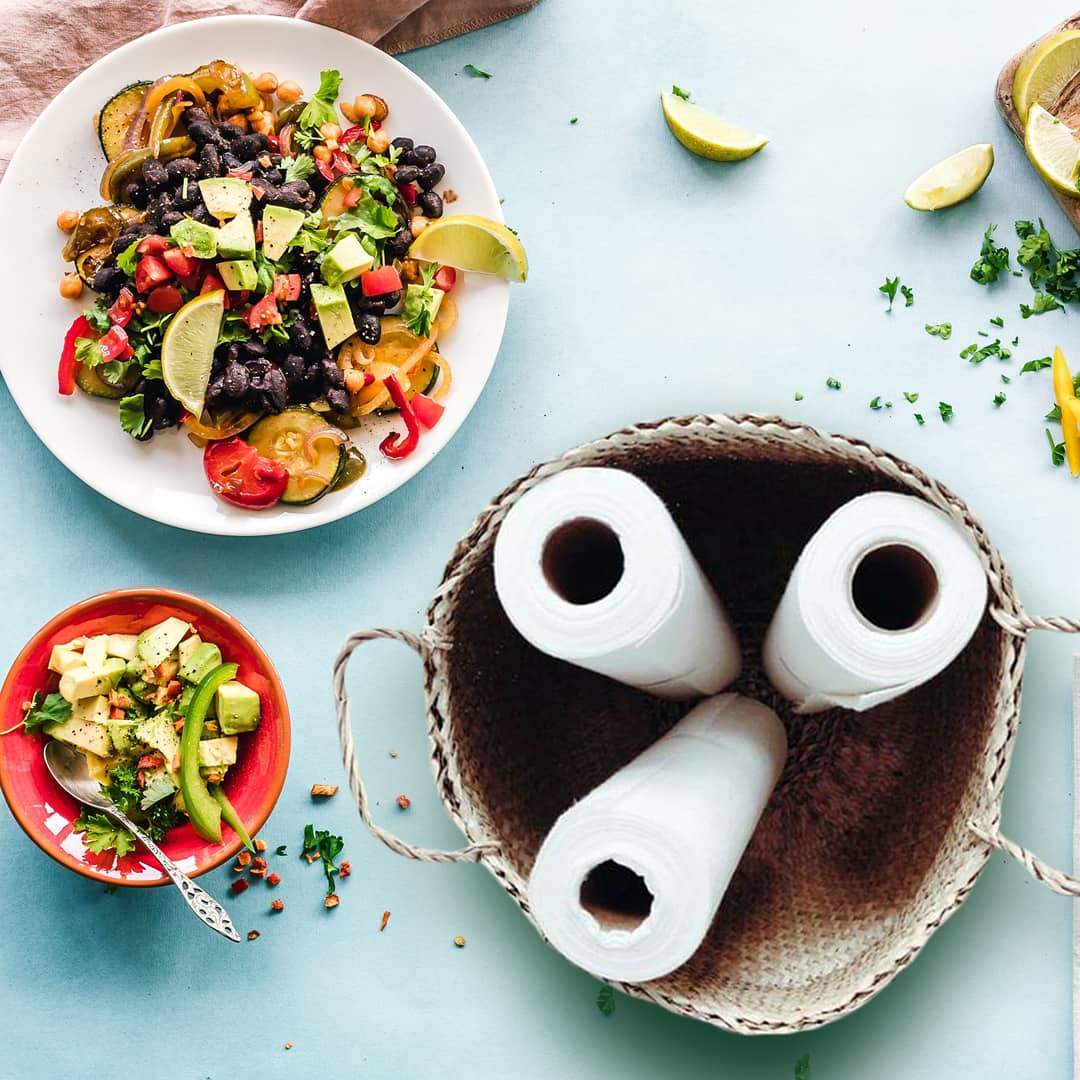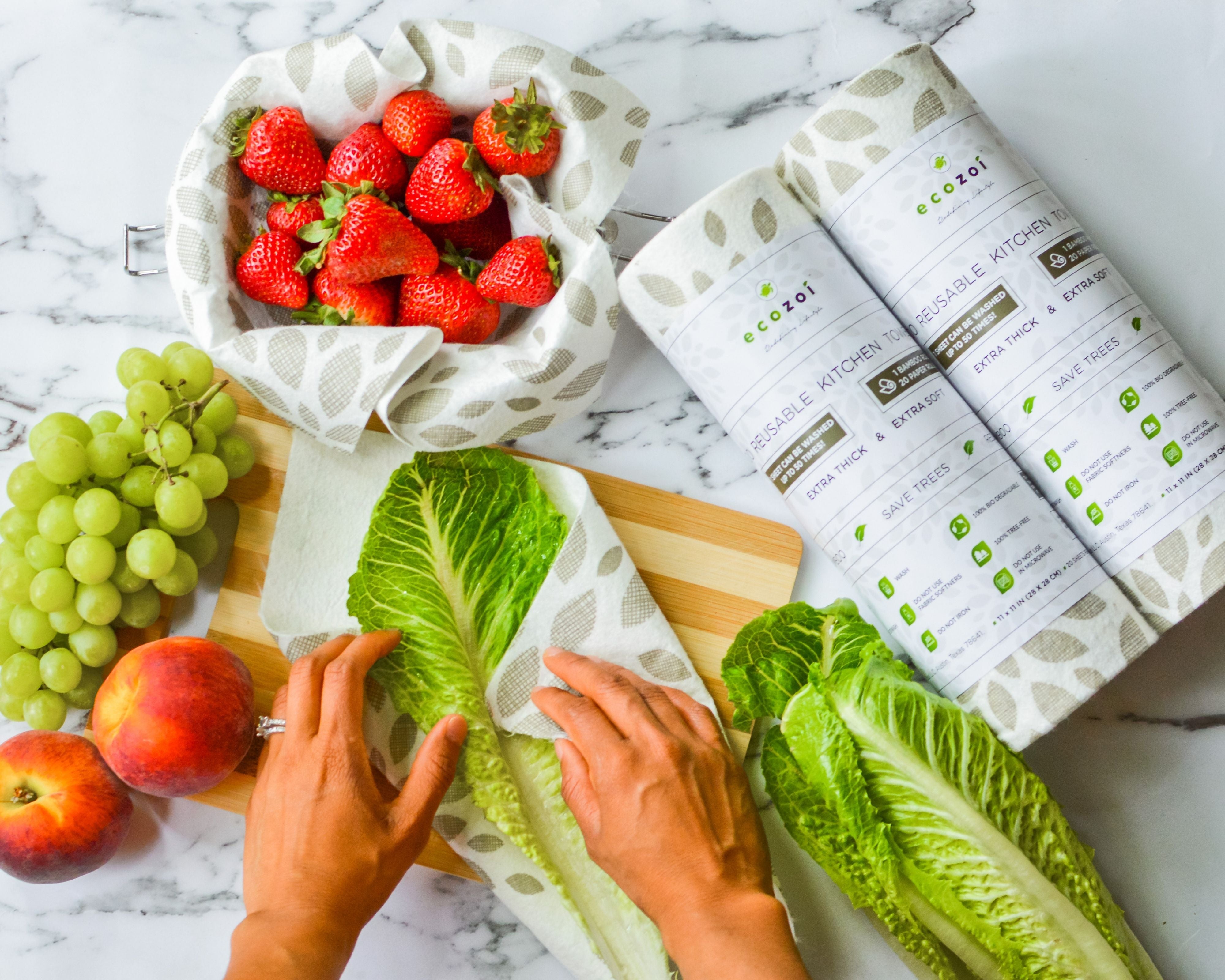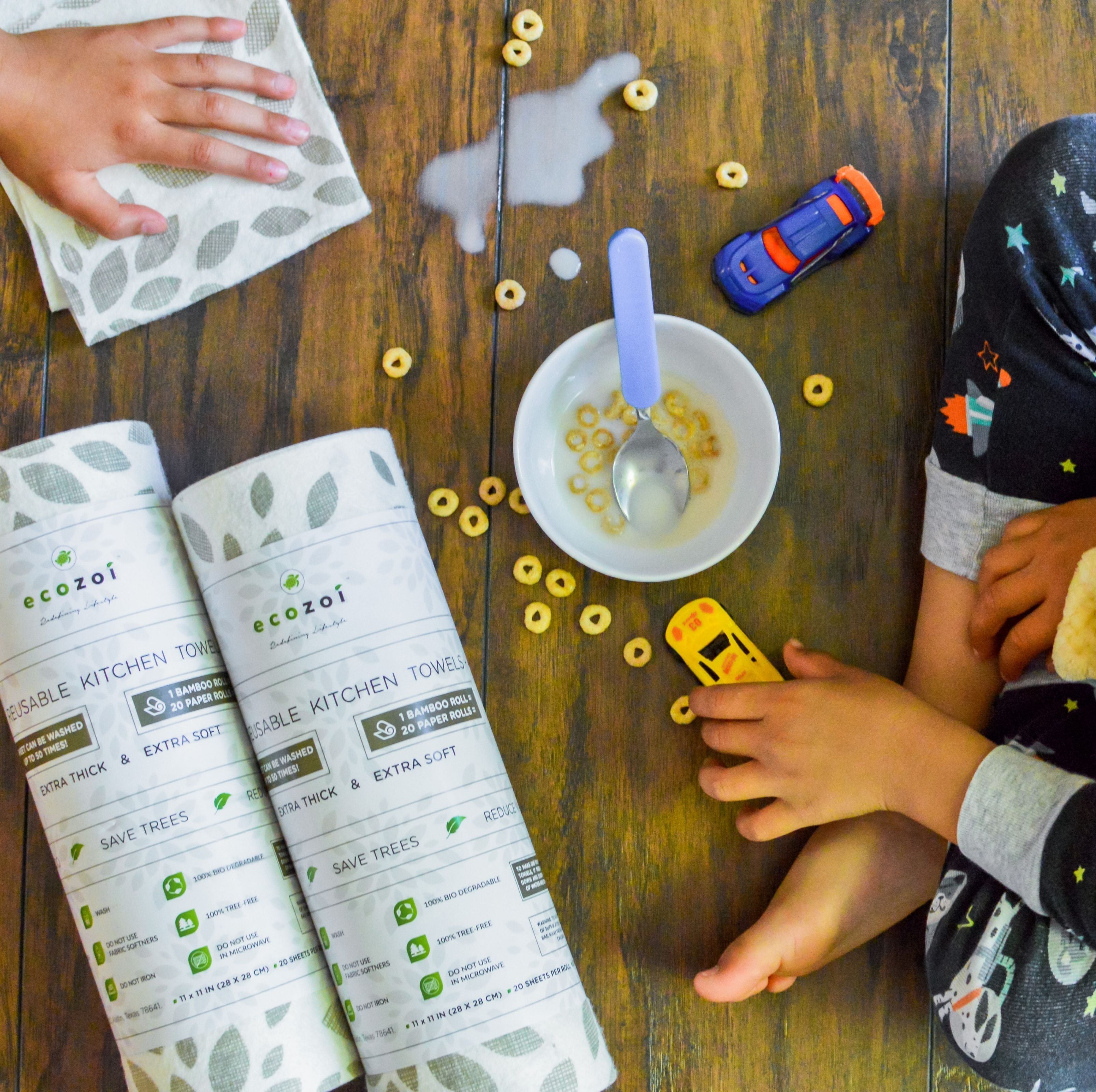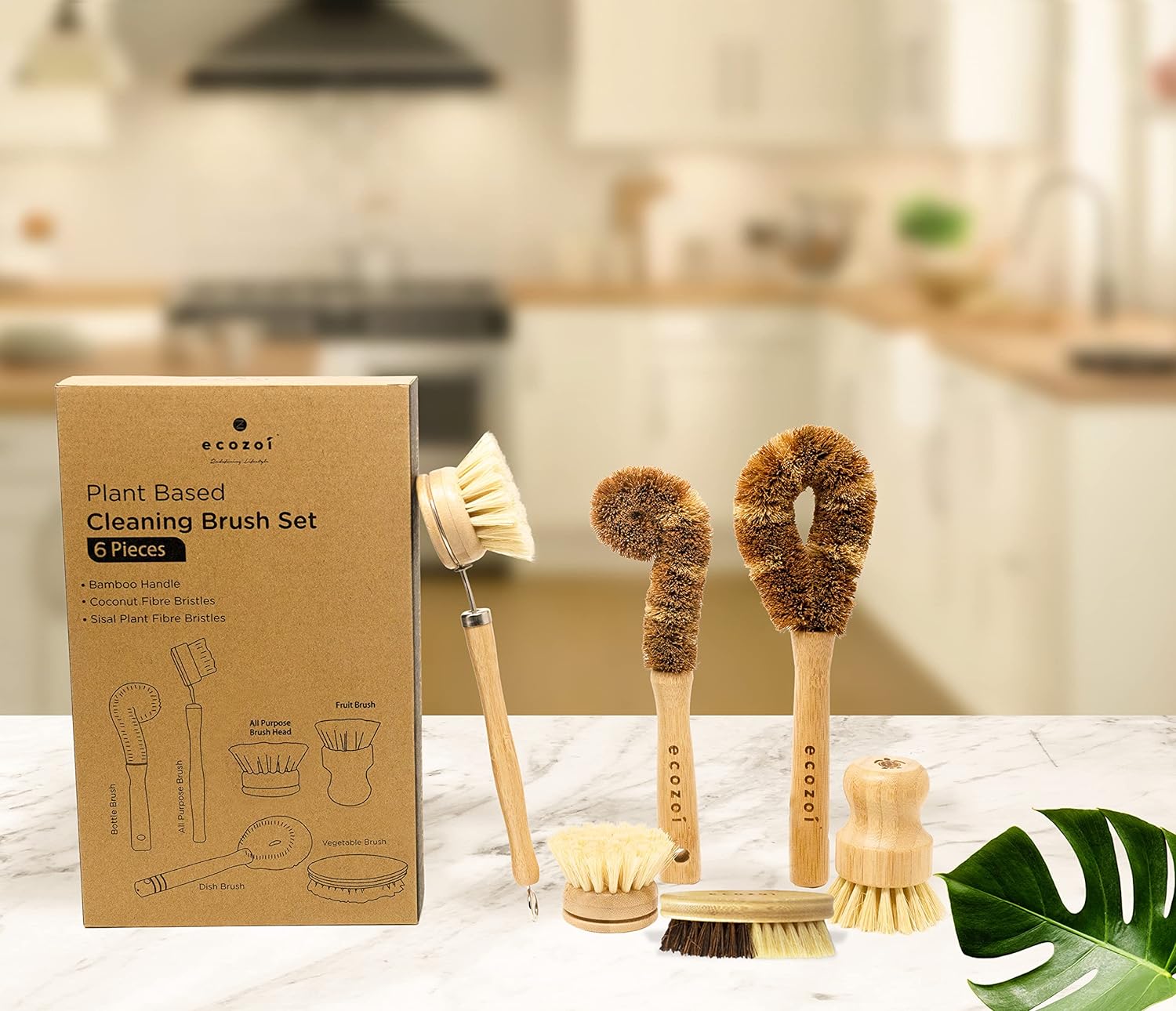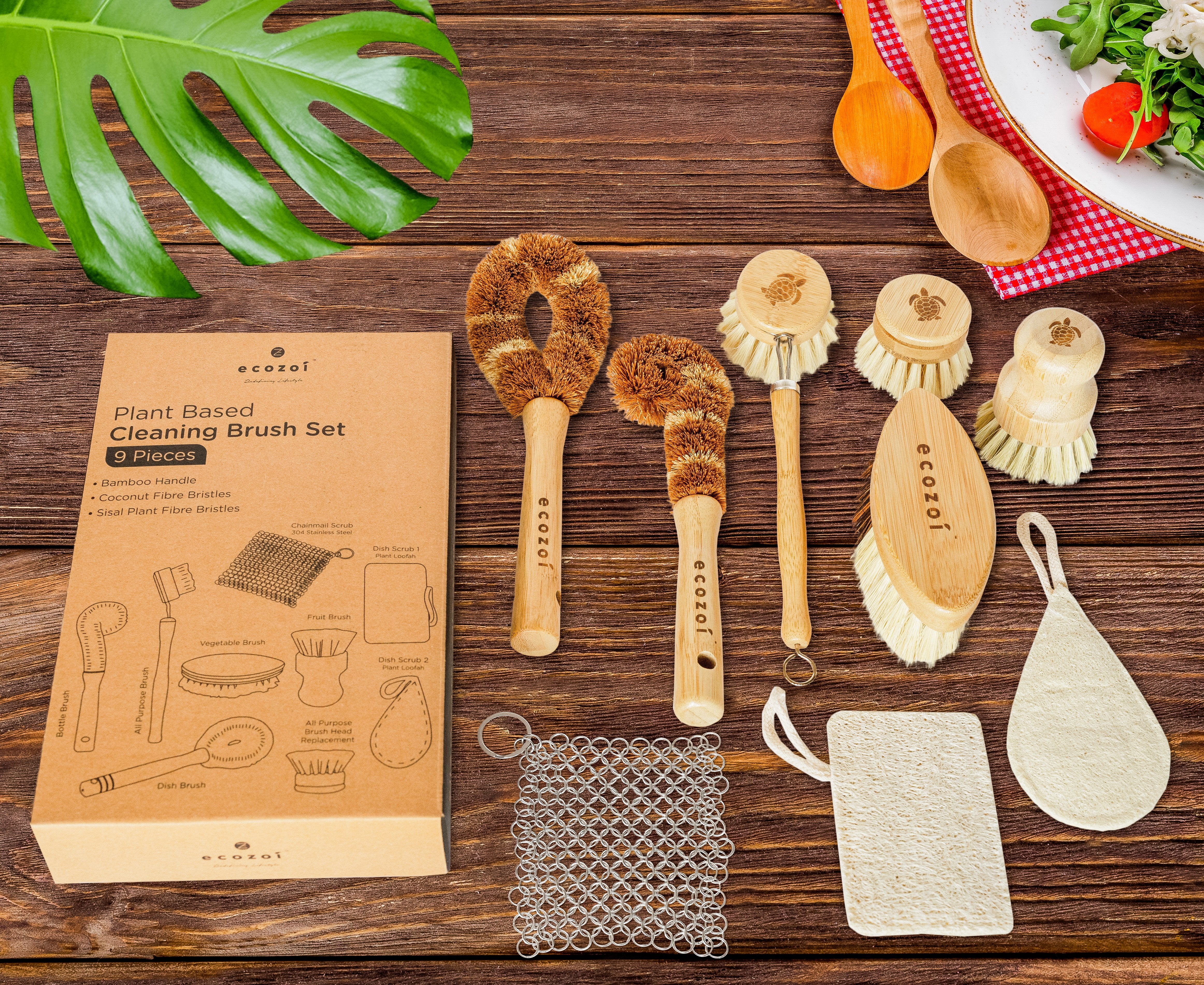How Switching to Eco-Friendly Brushes Can Lower Kitchen Waste
🌱The Hidden Waste in Your Kitchen Sink

Every time we do the dishes, we unknowingly add to the growing pile of plastic waste. Traditional dish brushes and sponges are made of non-recyclable plastics that end up in landfills or oceans — taking hundreds of years to decompose.
But here’s the good news: switching to eco-friendly dish brushes can drastically cut down your kitchen waste while keeping your home sparkling clean. 🌎✨
Let’s explore how making this small switch can create a big environmental impact — and why brands like Ecozoi are leading the way toward a plastic-free kitchen.
🧽 1. Why Traditional Dish Brushes Are a Problem
Conventional brushes and sponges often contain:
● Nylon bristles that shed microplastics
● Plastic handles that aren’t biodegradable
● Synthetic adhesives and foams that release toxins
When discarded, these end up polluting waterways and harming marine life. Plus, synthetic materials can’t be composted or recycled effectively.
🧠 Fun fact: A single kitchen sponge can release up to 200,000 microplastic fibers into water systems with every use!
🌾 2. What Makes a Brush “Eco-Friendly”?
An eco-friendly brush is one that’s made from natural, renewable, and biodegradable materials — designed to clean effectively without contributing to waste.
Here’s what to look for:
|
|
|
|
|
Feature |
Eco-Friendly Option |
Why It Matters |
|
Handle |
Untreated wood or stainless steel |
Durable and plastic-free |
|
Bristles |
Sisal, palm, or Tampico |
Tough on grease but gentle on cookware |
|
End of life |
Compostable or recyclable |
Zero landfill contribution |
Eco-friendly brushes are proof that effective cleaning doesn’t need to come at an environmental cost.
🧴 3. Meet the Game-Changer: Ecozoi’s Plant-Based Cleaning Brush Set
One of the best examples of sustainable innovation is the Ecozoi Plant-Based Cleaning Brush Set (6-Piece).
This all-in-one set is made entirely from plant-based materials and includes:
● A bamboo handle brush for dishes
● A coconut fiber scrub for tough stains
● A vegetable brush for produce
● A bottle brush for jars and reusable bottles
● Two handy replacement heads for sustainability
✨ Why users love it:
● Plastic-free and compostable
● Durable and ergonomically designed
● Safe for non-stick cookware
● 100% vegan and cruelty-free
Pair it with Ecozoi’s stainless steel or bamboo kitchen tools for a complete zero-waste kitchen setup.
♻️ 4. How Eco-Friendly Brushes Reduce Kitchen Waste
By switching to sustainable brushes, you immediately cut down your kitchen’s waste output in multiple ways:
-
Reduced Plastic Disposal – Natural brushes decompose in compost instead of landfills.
-
Longer Lifespan – Bamboo and steel brushes last months longer than plastic sponges.
-
Less Packaging Waste – Ecozoi products come in recyclable or biodegradable packaging.
-
Reusable Design – Replacement brush heads minimize total waste.
-
Non-toxic Cleaning – No synthetic chemicals or microplastic shedding.
🌍 “Small swaps like this can keep thousands of plastic brushes out of landfills every year.”
🍃 5. Are Eco-Friendly Brushes as Effective as Plastic Ones?
Absolutely — and often more so.
Natural bristles like coconut coir and sisal fiber are tough enough to scrub grease yet gentle enough to avoid scratching cookware.
They’re also naturally antibacterial, unlike synthetic sponges that trap bacteria.
Users report that eco-friendly brushes clean more efficiently, dry faster, and smell less over time — making them a hygienic upgrade too.
💧 6. Tips for Using and Maintaining Eco Brushes
To get the most out of your eco-friendly brushes:
● Air dry them after each use (avoid soaking).
● Disinfect occasionally with vinegar and hot water.
● Compost when worn out — they’ll return to the earth naturally.
● Store upright to prevent mold.
🪵 Pro Tip: Rotate between two brushes to let one dry fully — it extends their lifespan!
🌿 7. Other Sustainable Kitchen Cleaning Swaps
If you’re making the switch to green cleaning, consider upgrading other kitchen essentials too:
|
Swap this |
For This |
|
Paper towels |
Reusable cotton cloths |
|
Chemical detergents |
Plant-based cleaners |
|
Plastic bottles |
Glass spray bottles |
|
Plastic wrap |
Beeswax wraps |
You can explore these sustainable alternatives in Ecozoi’s Kitchen Collection.
🌍 8. The Environmental Impact: Small Choices, Big Results
Switching to eco-friendly cleaning brushes helps reduce:
● Landfill waste
● Microplastic pollution
● CO₂ emissions from plastic production
And when thousands of households make that switch, the collective effect is monumental. It’s a daily reminder that sustainability starts in simple routines — like washing dishes.
💬 9. Final Thoughts
Switching to eco-friendly dish brushes isn’t just about aesthetics or trends — it’s about choosing a cleaner, healthier future.
Every scrub, every wash, and every rinse becomes an act of care — for your home, your family, and the planet. 🌎
Ready to make the switch?
👉 Explore the Ecozoi Plant-Based Cleaning Brush Set and start your zero-waste journey today.
FAQs
1. What is the best eco-friendly dish brush for reducing kitchen waste?
Ecozoi’s 6-piece plant-based set is one of the best, offering a full plastic-free cleaning solution for dishes, vegetables, and bottles.
2. How does using an eco-friendly dish scrub help the environment?
It reduces plastic waste, prevents microplastic pollution, and supports sustainable resource use.
3. Are eco-friendly cleaning brushes as effective as plastic ones?
Yes — natural fibers are durable, anti-bacterial, and often outperform synthetics in scrubbing and longevity.
4. What should I look for when buying eco-friendly kitchen cleaning products?
Look for compostable materials, plastic-free packaging, and non-toxic ingredients.
5. Can eco-friendly products for cleaning really reduce plastic waste in the kitchen?
Definitely! Every sustainable swap — like replacing a plastic brush — reduces landfill waste and carbon emissions.
We Want to Hear From You!
Let us know how Ecozoi’s products have helped you with your eco-friendly lifestyle! Please take a moment to fill out our Ecozoi Customer Survey. Your feedback helps us grow and improve!
If you’re interested in exploring more on this topic, you can also refer to our earlier blog on How to Choose the Right Ice Pack for Your Lunch Bag for additional insights.


